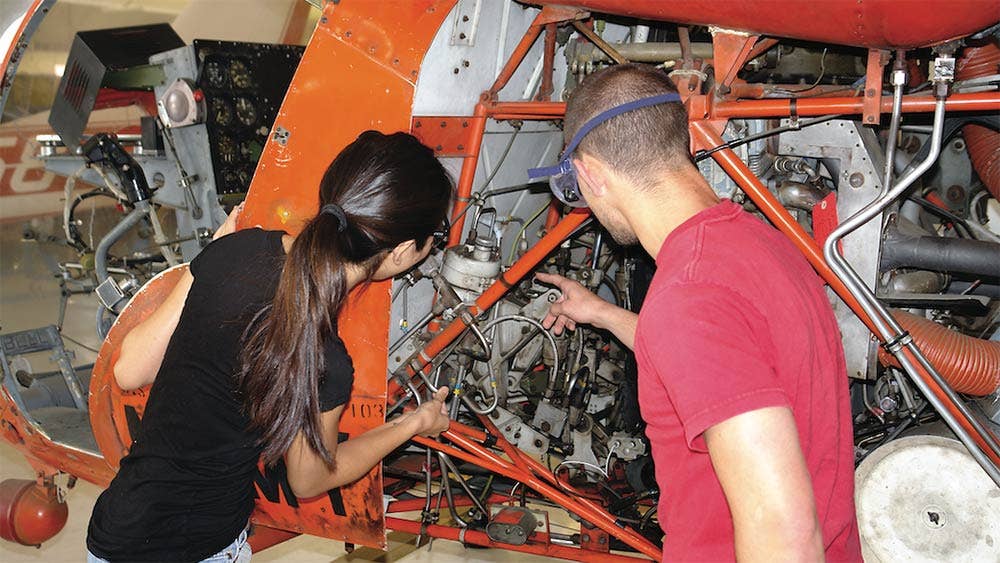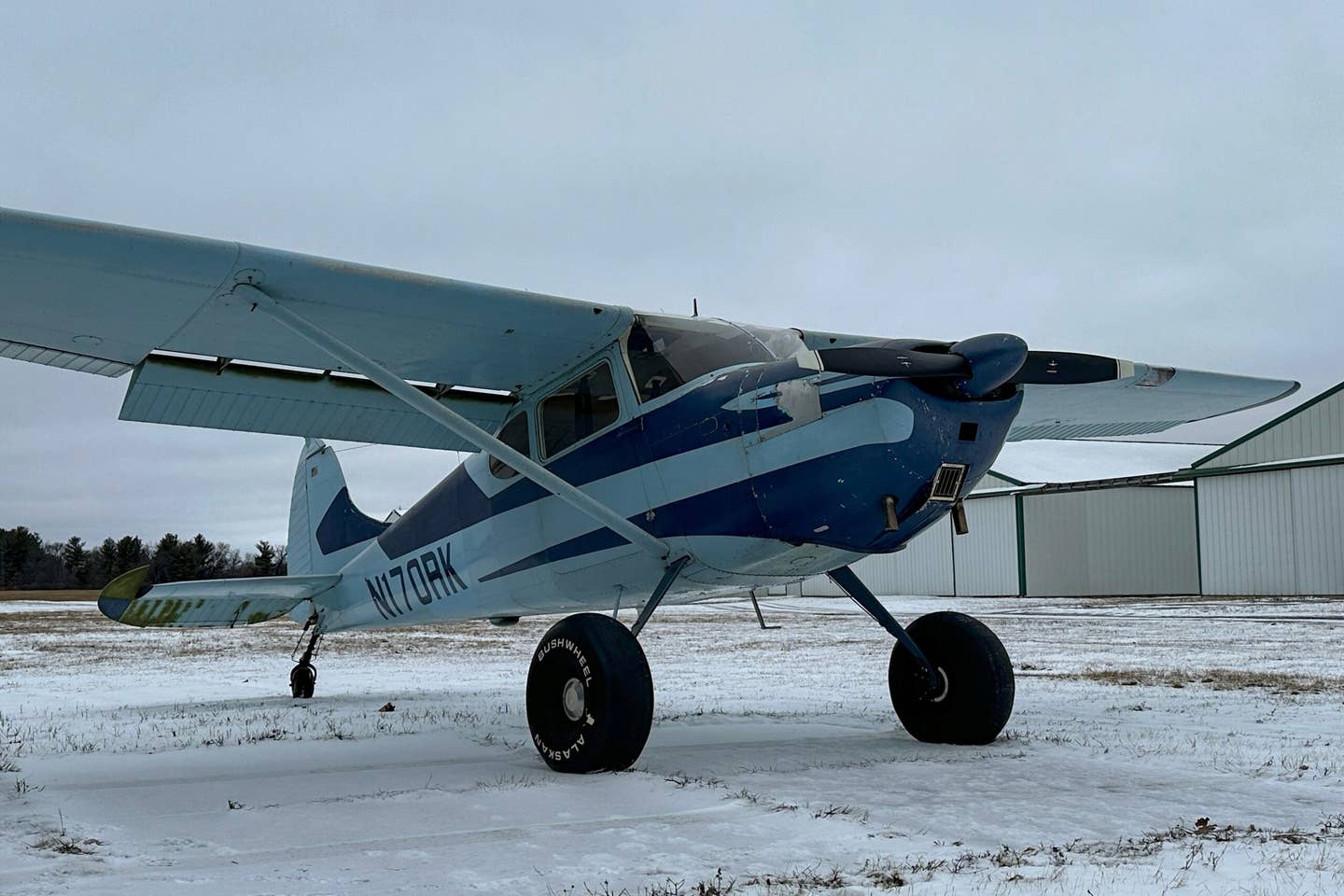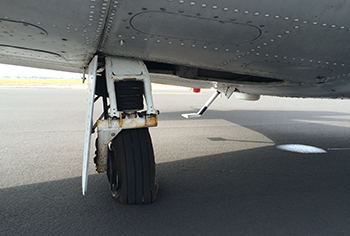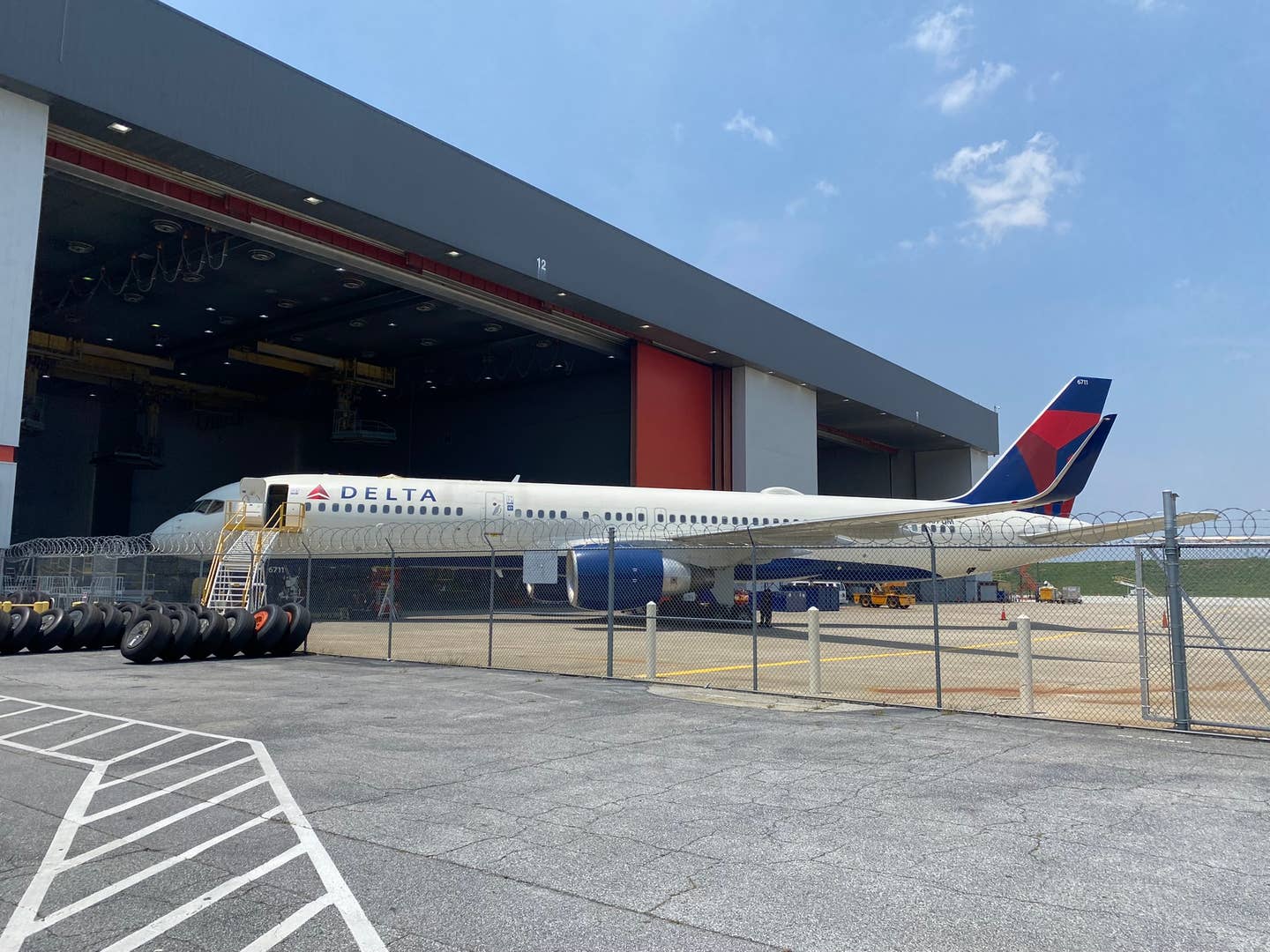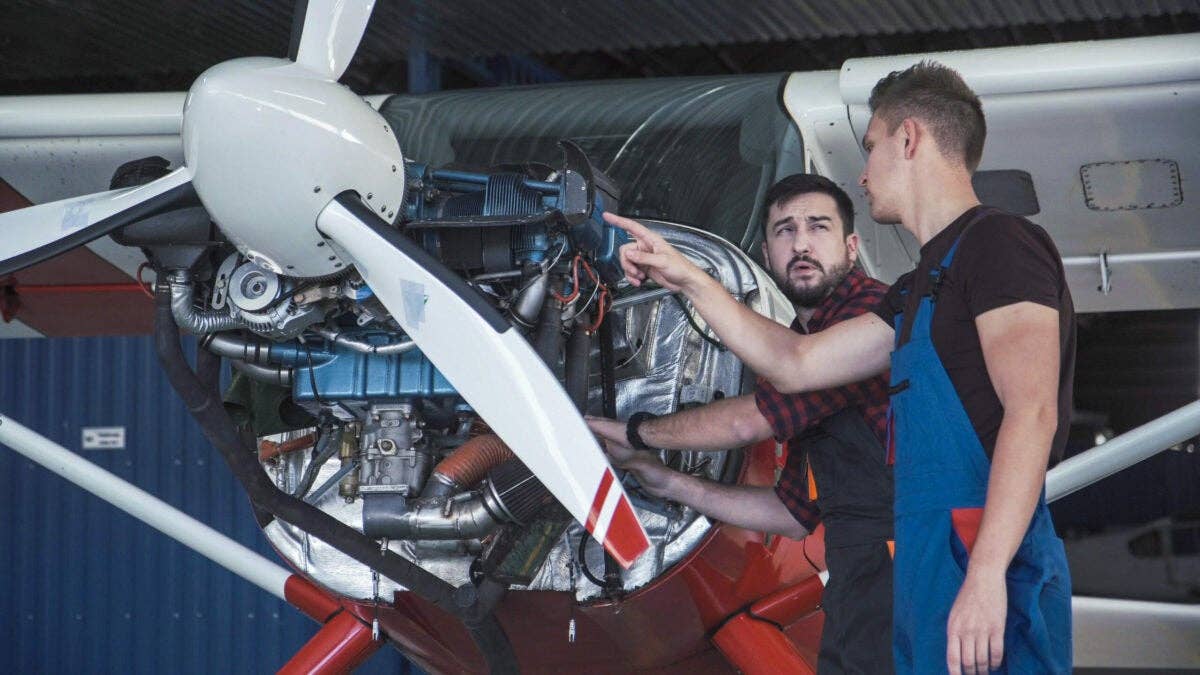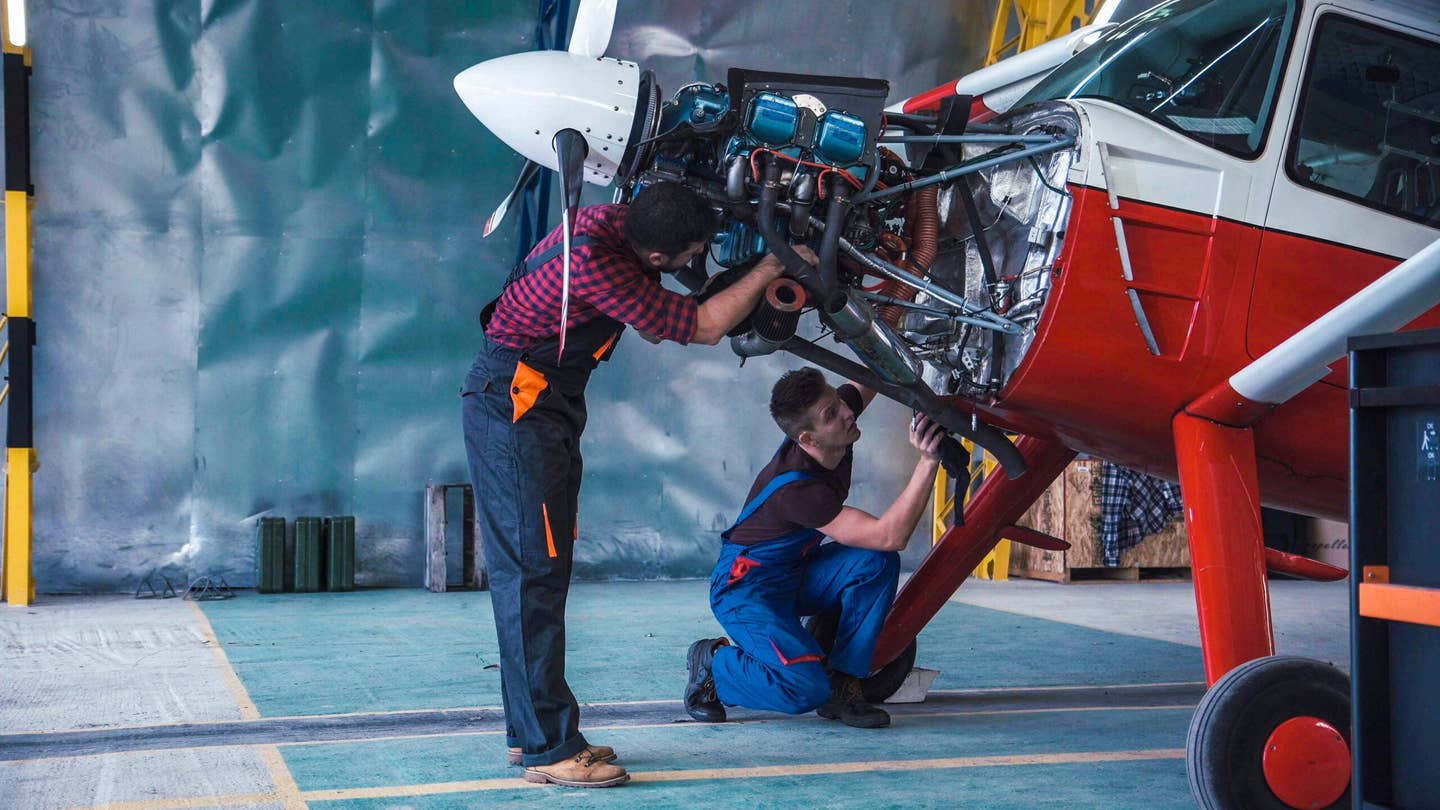Part 1: Cessna 172 Skyhawk Avionics
Repurposing serviceable material to fly again has always been a thing with GA owners.
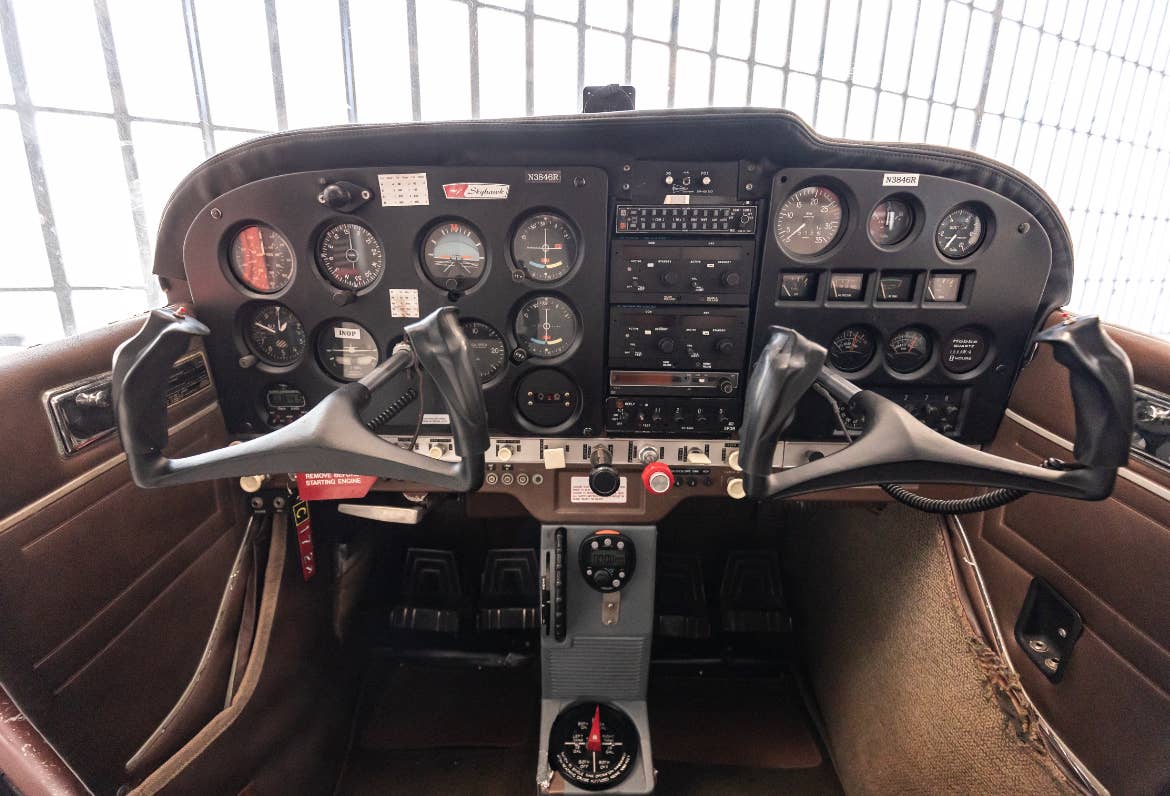
The panel on this Cessna 172 has been due for an update. [Credit: Elijah Lisyany]
There comes a time when social norms fall out of and then back into favor. Take, for example, recycling. In the early days of frontier America, folks had to make do with what they had. Neighbors helped each other and reciprocated when the circumstances warranted. What was once one person’s old barn became another’s two-wheeled cart, and so forth.
In the manufacturing boom of the Industrial Revolution, inexpensive goods flooded the market, and advertisers beckoned us to drop the old and replace it with the new. This seemed to work well until the 1970s when certain people despaired over the landfills filling up, and a new age of convenient curbside recycling emerged.
A subset of the population kept the old frontier spirit alive in America, and that would be the general aviation airplane owner. Reduce, reuse, and recycle is not just a slogan for these men and women: It is a mantra. I have personally witnessed the repair of a $45 flight bag handle using CherryMAX blind rivets (I may or may not have had a hand in that, depending on who’s asking).
Out with the Old
When researching this article, I wished to find the origin of the phrase “one man’s trash is another man’s treasure.” As it turns out, the inter-webs attribute it to no less than seven individuals on the first page of search results alone. Given that, it is most likely that no one is exactly sure who initially said it. For all we know, Fred G. Sanford said it at some point on the 1970s sitcom Sanford and Son. Oh, and the G stands for “Get up to the hangar and get this stuff.”
Do you remember Corey Sampson and his project airplane, a 1966 Cessna 172H? Well, Sampson and I are back at it again. 2024 is a new year with a fresh set of maintenance evolutions. In October, we spoke with Sampson about his maintenance plan, and one of the projects highlighted was an instrument panel upgrade.
Sampson’s current setup is a throwback to days gone by. His audio panel is a King KMA 24, with Narco MK12D comm radios, King KN 64 DME, and Arc RT-359A transponder. As an A&P mechanic, I leave the avionics stuff to the experts, but I recall seeing these components throughout my 35-year career. Functionally, everything works fine, but Corey is ready to upgrade.
Used Serviceable Material (USM)
According to aerospace powerhouse Oliver Wyman, there is a tsunami of used serviceable material (USM) coming with regard to aircraft parts. Estimates show that the current USM “represents 11 percent of total aftermarket materials spending versus 9 percent in 2019.” While airline fleets command a majority of the USM headlines, GA operators have utilized these repurposed parts for years.
Enter Stephen Mercer and his 1982 Piper PA-32R-301T Saratoga. We are tracking Mercer’s installation, which is in the works at Gardner Lowe Aviation Services in Peachtree City, Georgia, outside of Atlanta. Stephen and Corey, until recently, were hangar mates and often helped each other whenever necessary. GA owners are a tribe that relies on each other for advice, support, and friendship.
Corey worked a deal to obtain the avionics panel from Stephen after Gardner Lowe removed it from his Saratoga. The details have yet to be completely ironed out, but to date, the components included are:
- Garmin GMA 340 audio panel
- Garmin GNS 530W GPS
- Garmin GNS 430 GPS
- Garmin GTX 330 Transponder
- JPI 700 engine monitor
- Garmin GI 106A VOR/ILS/GPS Indicator
Next on the schedule for removal are the antennas. The Saratoga is also undergoing its annual inspection, and the avionics installation remains active. I intend to document these maintenance evolutions in real time. Given that, everyone knows that plans are fluid, especially in aircraft maintenance. More on that later.
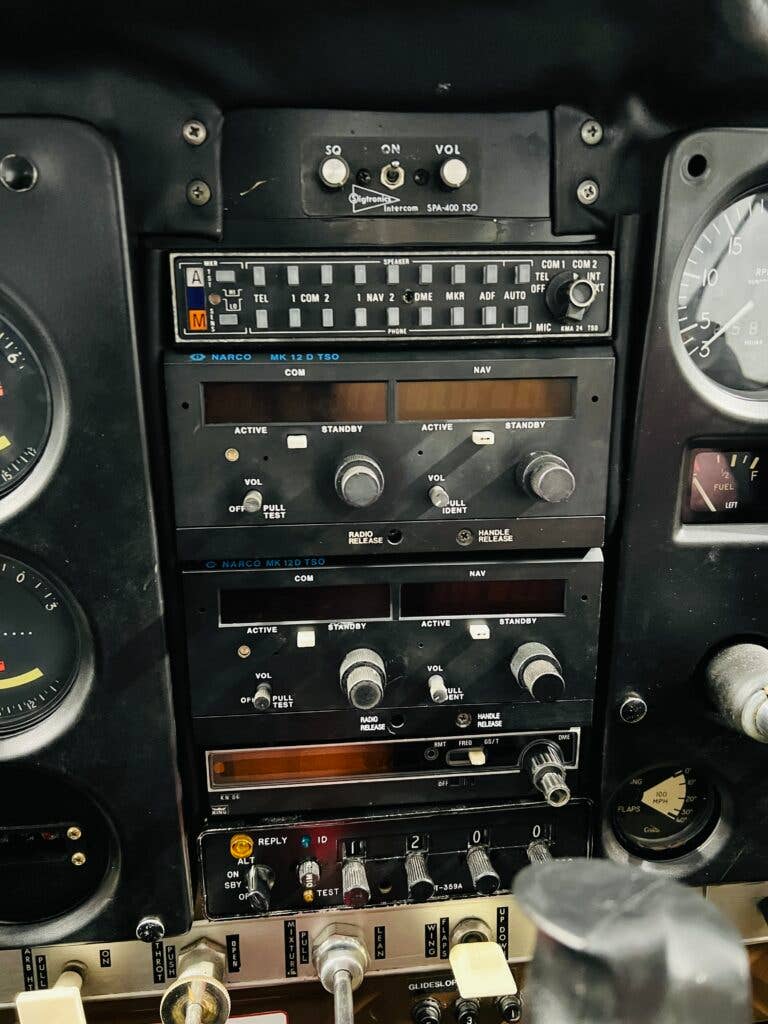
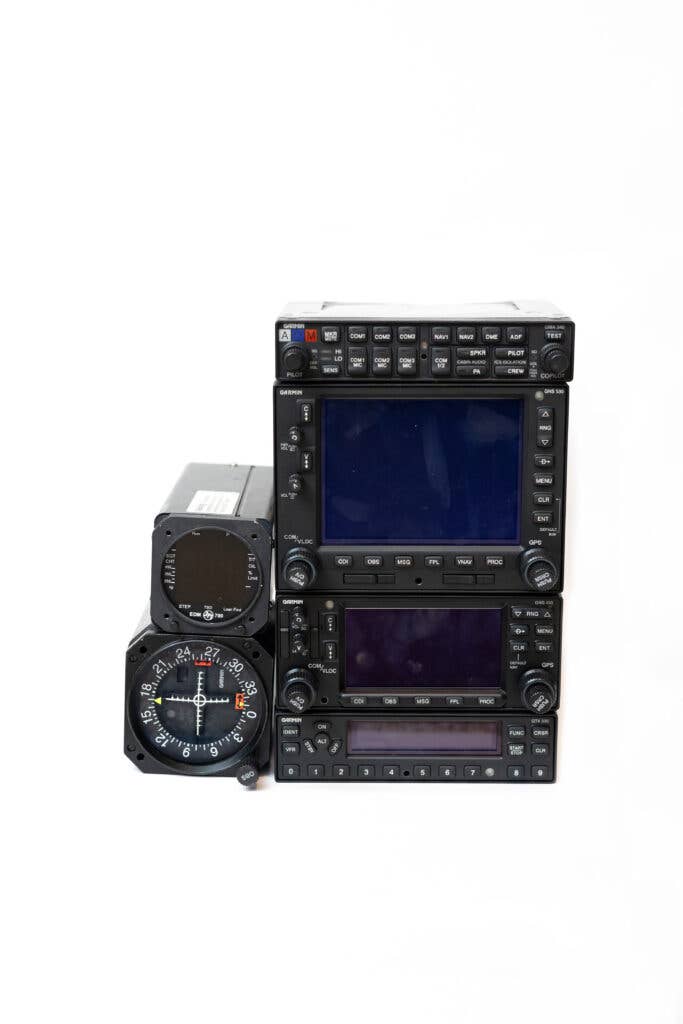
Preparing for Installation
I feel I’m invoking my inner Charles Dickens, but we have “A Tale of Two Airplanes” instead of A Tale of Two Cities. While Stephen is going full flat panel with a factory-new install, Corey is repurposing USM but also upgrading his Cessna’s panel.
Yes, much of Corey’s installation will come from Stephen. There is also an element that is brand new. As part of the conversion, Corey procured two Garmin G5 electronic flight instruments for certificated aircraft and picked them up this week. According to the product's website, this “replaces traditional electromechanical instruments; can be configured in attitude, DG/HI/HSI, and turn coordinator positions.” Approval to install comes from a supplemental type certificate (STC), and this model is applicable to 560 aircraft.
Another late-breaking development in the avionics swap plan emerged this week. Garmin recently released service advisory No. 23018 Rev B, stating in part that “effective immediately, display repairs for the WAAS and non-WAAS GPS 400, GNC 420, and GNS 430 are no longer available and have been discontinued.” How does this affect the decision to continue flying the GNS 430 Corey is getting from the Saratoga?
That’s how it goes with aircraft maintenance. You have a maintenance plan in place, obtain material, and schedule downtime when Murphy’s law checks in and says, “Not so fast.” We are still unpacking what this means for the continued airworthiness of the GNS 430. An OEM like Garmin withdrawing support for products is a key driver in the parts manufacturing approval (PMA) and designated airworthiness representative (DER) repair world. At press time, it is too soon to tell how this ball will bounce, but rest assured, the industry will find a solution.
Just like an airplane trims the controls to meet the wind, so shall we adjust to the changing winds of the aviation aftermarket. Thanks for reading, and stay tuned to see what happens next!

Sign-up for newsletters & special offers!
Get the latest FLYING stories & special offers delivered directly to your inbox

